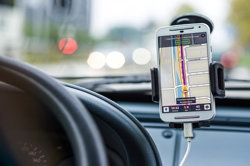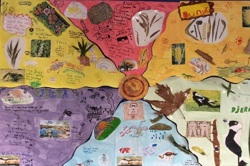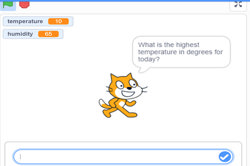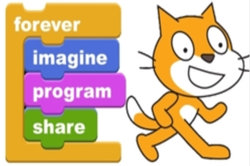Collecting data about litter in the community (Years 3-4)
The litter students find in the local environment can provide a good source of data. The interpretation of this data can help students answer a range of inquiry questions.
Additional details
| Year band(s) | 3-4 |
|---|---|
| Content type | Lesson ideas |
| Format | Document |
| Core and overarching concepts | Data interpretation, Data acquisition, Data representation, Computational thinking |
| Australian Curriculum Digital Technologies code(s) |
AC9TDI4K03
Recognise different types of data and explore how the same data can be represented differently depending on the purpose
AC9TDI4P01
Define problems with given design criteria and by co-creating user stories
AC9TDI4P02
Follow and describe algorithms involving sequencing, comparison operators (branching) and iteration |
| Keywords | data collection, data representation, data interpretation, computational thinking, DTiF, dtif, DTIF, ACARA |
| Integrated, cross-curriculum, special needs | Sustainability, Numeracy, Literacy, Digital Literacy |
| Organisation | Australian Government Department of Education and Training |
| Copyright | Australian Government Department of Education and Training, CC BY 4.0 |
Related resources
-

Classroom ideas: Choose your own adventure (Years 3-6)
In Digital Technologies, students from Year 3 onwards should be planning and implementing projects that include branching (decision-making). Creating a ‘choose your own adventure’ story is an excellent way for students to design and implement a project that makes use of branching.
-

Computational thinking poster
A poster/infographic that gives a brief overview of the concepts related to computational thinking.
-

Understanding digital systems (Years 3-4)
Simple ideas for learning about digital systems in the classroom.
-

Classroom ideas F-10: Aboriginal and Torres Strait Islander connections to Digital Technologies
This resource provides examples of ways Aboriginal and Torres Strait Islander Histories and Cultures can be integrated into Digital Technologies. Examples include 'classification and sorting data' and 'designing solutions'.
-

Visual programming with Scratch (Years 3-6)
This resource comprises a collection of sample activities that incorporate visual programming (Scratch) into teaching and learning programs.
-

Robots, data and computational thinking (Years 2-4)
This classroom resource comprises four worksheets to accompany a lesson on data and computational thinking. These materials are designed for teachers to use simple line-following robots (Ozobots) to engage students in the computational thinking process and working with data.
-

Computing at School: Resources
Browse the curriculum resources which are tried and classroom tested resources submitted by primary teachers to support Computing for early to middle primary school. Requires free registration.
